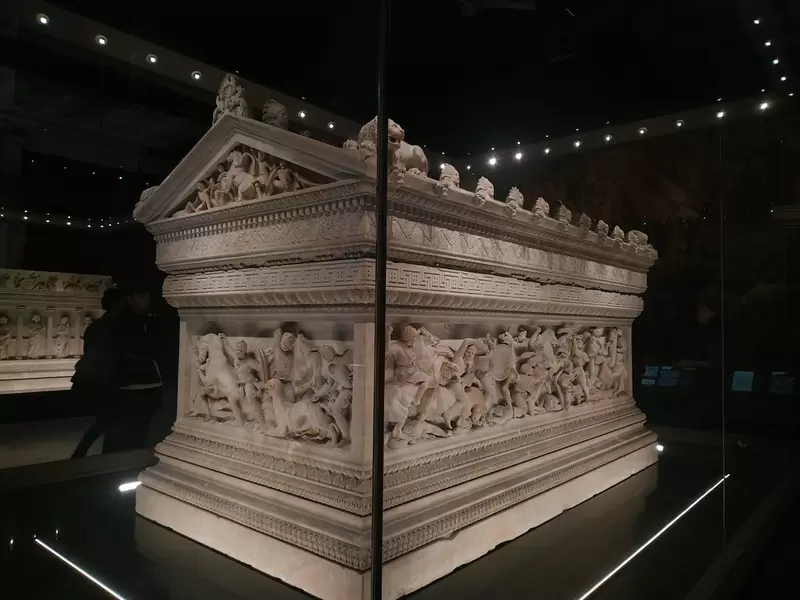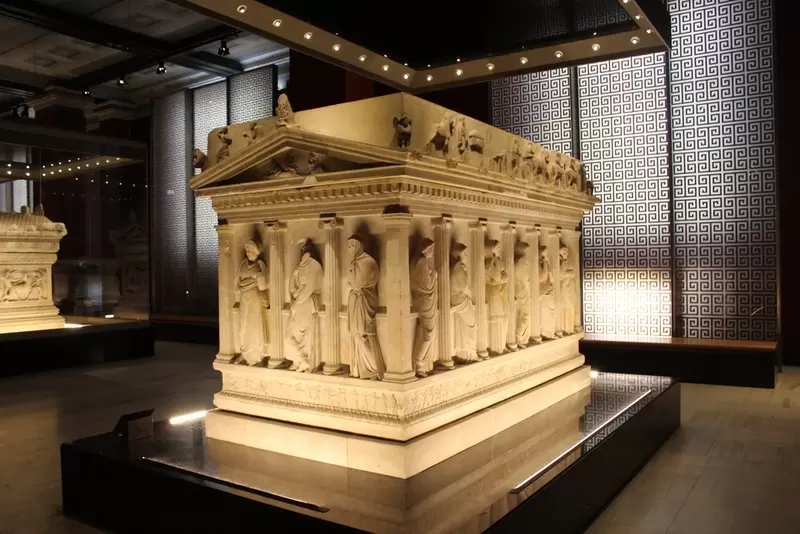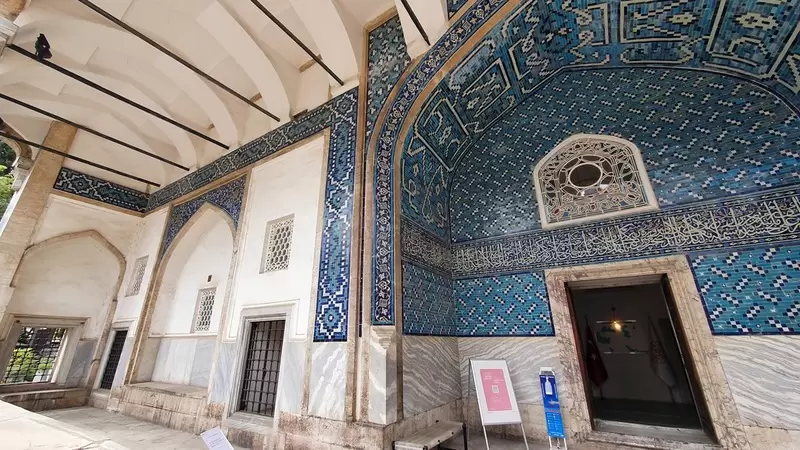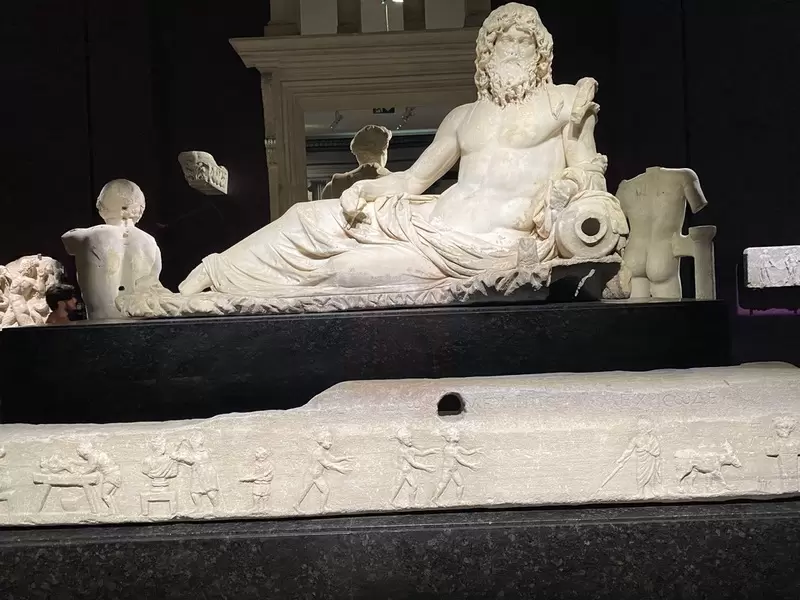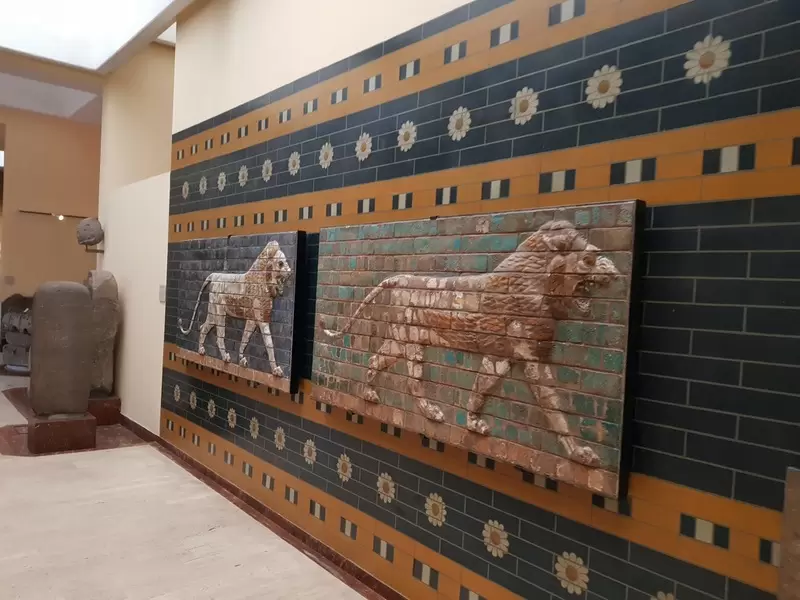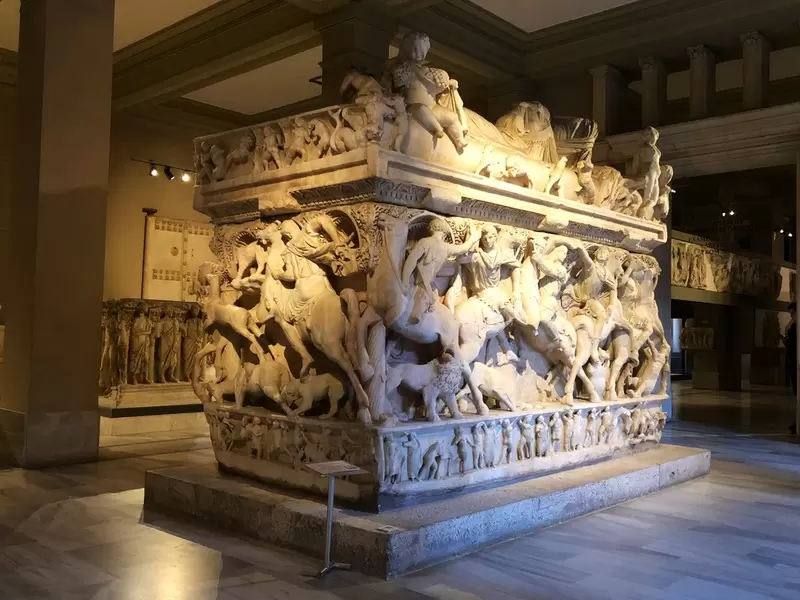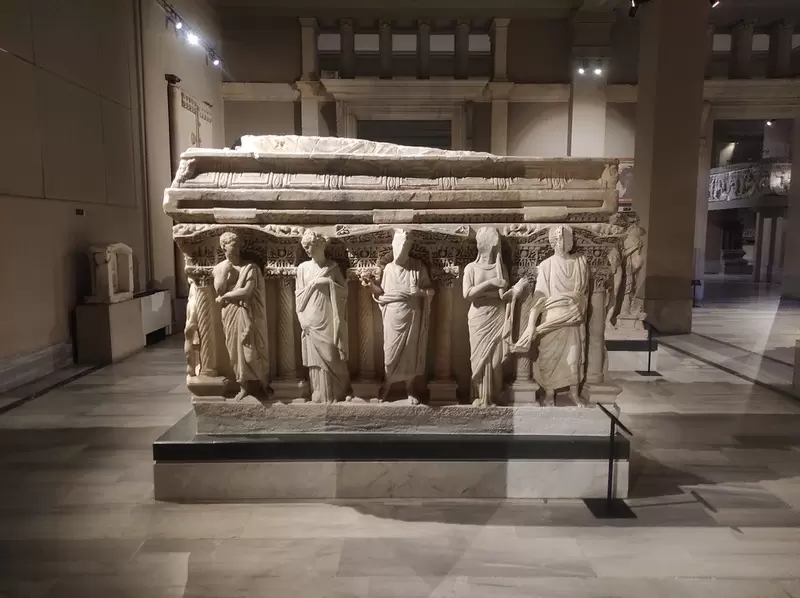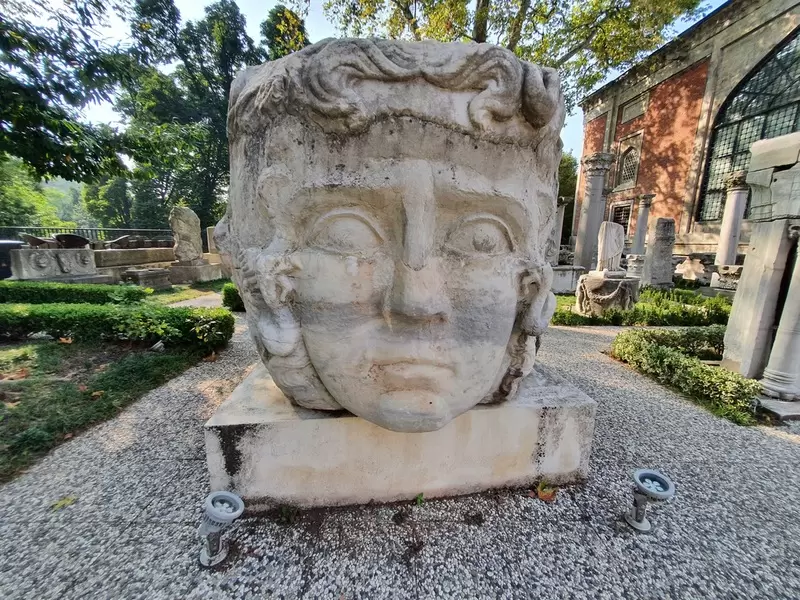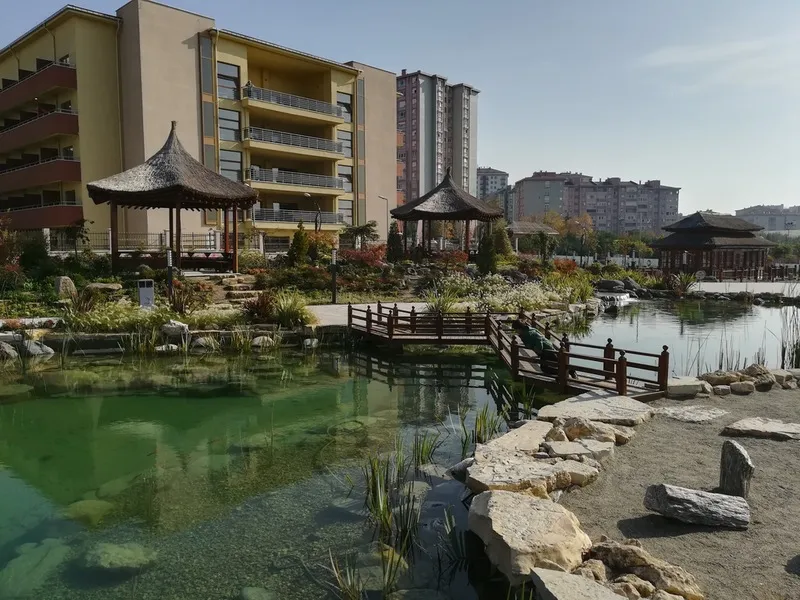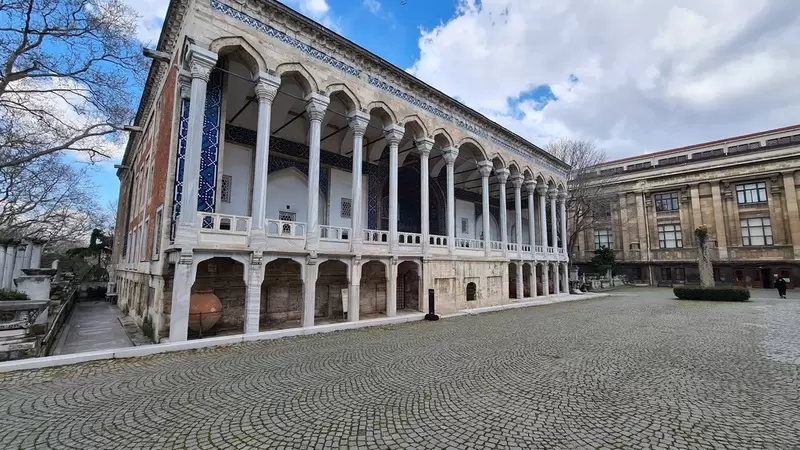
Istanbul Archaeology Museums (Turkish: İstanbul Arkeoloji Müzeleri) are a group of museums in Istanbul, Turkey, that house a collection of artifacts from the ancient world. The museums are located in the Sultanahmet district, and are part of the Istanbul Archaeological Park. The museums include the Archaeological Museum, the Ancient Orient Museum, the Tiled Kiosk Museum, and the Kariye Museum. The Archaeological Museum is the largest and most important of the museums, and has a collection of over 1 million artifacts. The museum's collection includes objects from the Neolithic period to the Ottoman period, and includes artifacts from ancient Egypt, Greece, Rome, and Anatolia. The Ancient Orient Museum has a collection of artifacts from the ancient Near East, including Mesopotamia, Egypt, and Anatolia. The Tiled Kiosk Museum has a collection of Islamic art, including tiles, ceramics, and manuscripts. The Kariye Museum is a former Byzantine church that was converted into a mosque in the 16th century. The museum has a collection of Byzantine mosaics and frescoes.
1. Overview: The Istanbul Archaeology Museums consist of three main sections: the Archaeological Museum, the Museum of the Ancient Orient, and the Tiled Kiosk Museum. Together, they form one of the most important archaeological museums in the world, showcasing artifacts from ancient civilizations spanning several millennia.
2. Archaeological Museum: The Archaeological Museum is the main section of the Istanbul Archaeology Museums. It houses a vast collection of artifacts from ancient Greece, Rome, Egypt, and other civilizations. The museum's exhibits include sculptures, sarcophagi, pottery, jewelry, coins, and historical documents. Notable highlights include the Alexander Sarcophagus, the Treaty of Kadesh (one of the oldest known peace treaties), and the Tiled Pavilion.
3. Museum of the Ancient Orient: The Museum of the Ancient Orient focuses on the archaeology and art of ancient Near Eastern civilizations, including the Hittites, Assyrians, Babylonians, and Persians. The museum displays a range of artifacts such as cuneiform tablets, statues, reliefs, and ancient weapons. The famous Code of Hammurabi, a well-preserved Babylonian law code, is one of the museum's significant exhibits.
4. Tiled Kiosk Museum: The Tiled Kiosk Museum, also known as the Museum of Islamic Art, is housed in a separate building known as the Tiled Kiosk. It showcases a remarkable collection of Turkish and Islamic ceramics, tiles, and other decorative objects. The museum's displays include exquisite examples of Iznik tiles, Seljuk and Ottoman pottery, calligraphy, and illuminated manuscripts.
5. History and Architecture: The Istanbul Archaeology Museums were established in the late 19th century, making them one of the oldest museums in Turkey. The buildings themselves have historical significance, with the main Archaeological Museum building originally constructed in the neoclassical style and the Tiled Kiosk being one of the oldest Ottoman structures in Istanbul.
6. Visitor Experience: Visitors to the Istanbul Archaeology Museums can explore the extensive collections, discover the rich history and culture of various civilizations, and appreciate the beauty and craftsmanship of the exhibited artifacts. The museums provide informative displays, descriptions, and audio guides to enhance the visitor experience and provide historical context.
7. Location and Accessibility: The Istanbul Archaeology Museums are located in the Sultanahmet district of Istanbul, near other major attractions such as the Hagia Sophia and the Blue Mosque. They are easily accessible by public transportation or on foot. It is advisable to check the official website or contact the museums for the most up-to-date information regarding opening hours, admission fees, and any specific guidelines for visitors.
The Istanbul Archaeology Museums offer a fascinating journey through ancient history, showcasing a diverse range of artifacts and providing valuable insights into the civilizations that have shaped the region. They are a must-visit destination for history enthusiasts, archaeology lovers, and anyone interested in the cultural heritage of Istanbul.
